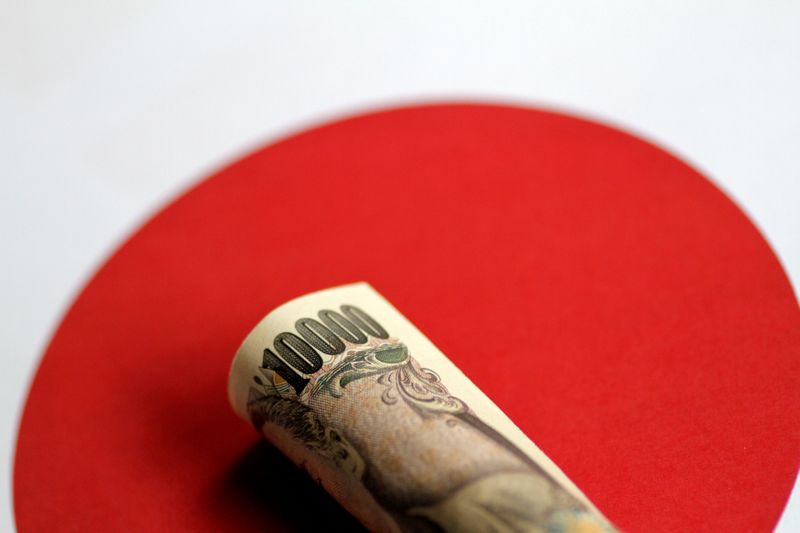By Hideyuki Sano
TOKYO (Reuters) - The safe-haven Japanese yen ticked down and some risk currencies won a brief reprieve on signs of more economic support from policymakers, though choppy conditions on Tuesday underlined fragile confidence in markets frazzled by days of turbulence.
Market liquidity was light and investors remained nervous after coordinated moves by central banks had spectacularly failed to quell trepidation over the coronavirus pandemic.
The dollar rose 0.5% to 106.32 yen
The euro stood flat at $1.1180 (EUR=), after wild gyrations on Monday.
Helping the dollar against the safe-haven yen were signs governments are stepping up fiscal support measures.
New Zealand said it would pump NZ$12.1 billion ($7.31 billion), or 4% of gross domestic product, into the economy to slow a contraction expected from business disruptions caused by the coronavirus outbreak.
In the United States, Boeing Co (N:BA) confirmed it is in talks with senior White House officials and congressional leaders about short-term assistance for itself and the entire aviation sector.
The New Zealand dollar
Still, market sentiment remained fragile after global risk assets were routed over the past several days on worries the outbreak and draconian containment measures could trigger steep recessions in major economies.
As a result, trading in most markets including foreign exchange is being driven more by loss-reduction and other position unwinding to reduce risks or make up for losses, rather than fresh bids, market players said.
"Liquidity is even worse compared with yesterday. Even the gold has been sold sharply. This is a world I have never seen before. This crisis is more incomprehensive than previous crises like the tech bubble burst (in 2000) and the LTCM crisis (in 1998)," said Kazushige Kaida head of forex at State Street (NYSE:STT) Bank in Tokyo.
The Australian dollar, seen as sensitive to global growth due to the country's link to commodities, dipped 0.1% to $0.6113
The Canadian dollar, which has strong correlation with oil prices, sank to a four-year low of C$1.4020 per U.S dollar
U.S. benchmark oil futures (CLc1) fell $3.03 to settle at $28.70 a barrel, near a 4-year low.
The British pound is also under pressure, dogged by worries about not only Britain's exit from the European Union but also its sizable current account deficit.
Sterling traded at $1.2250
Investors are also shunning many emerging market currencies.
MSCI emerging market currency index (MIEM00000CUS) dropped 0.2%, staying at its lowest level since late 2018.
A rout on Wall Street on Monday stemming from fears over the coronavirus crisis in the West trumped the Federal Reserve's emergency move to slash rates on Sunday.
Investors took the Fed action, joined by central banks in Japan, Australia, New Zealand and elsewhere, as insufficient given the pathogen's breakneck spread across the world which has put many nations on virtual lockdowns.
Some analysts said the hasty moves may have backfired as investors were spooked over the possible panic among policymakers.
"Central banks are pressing the gas pedal to the floor. But the car is bogged down in a quagmire that is called coronavirus, so it won't move forward," said Ayako Sera, market strategist at Sumitomo Mitsui Trust Bank.
"Until the outbreak stops, for investors, it is time for patience," she said.

There is no clarity on that front, with global cases now rising to 174,100 with 6,700 deaths, prompting countries to shut borders and take increasingly drastic measures to try to reduce the severity of the outbreak.